The foods with high amounts of hidden sugar
Jamie Oliver wants a tax on sugary drinks, but where else is sugar hidden in our food?
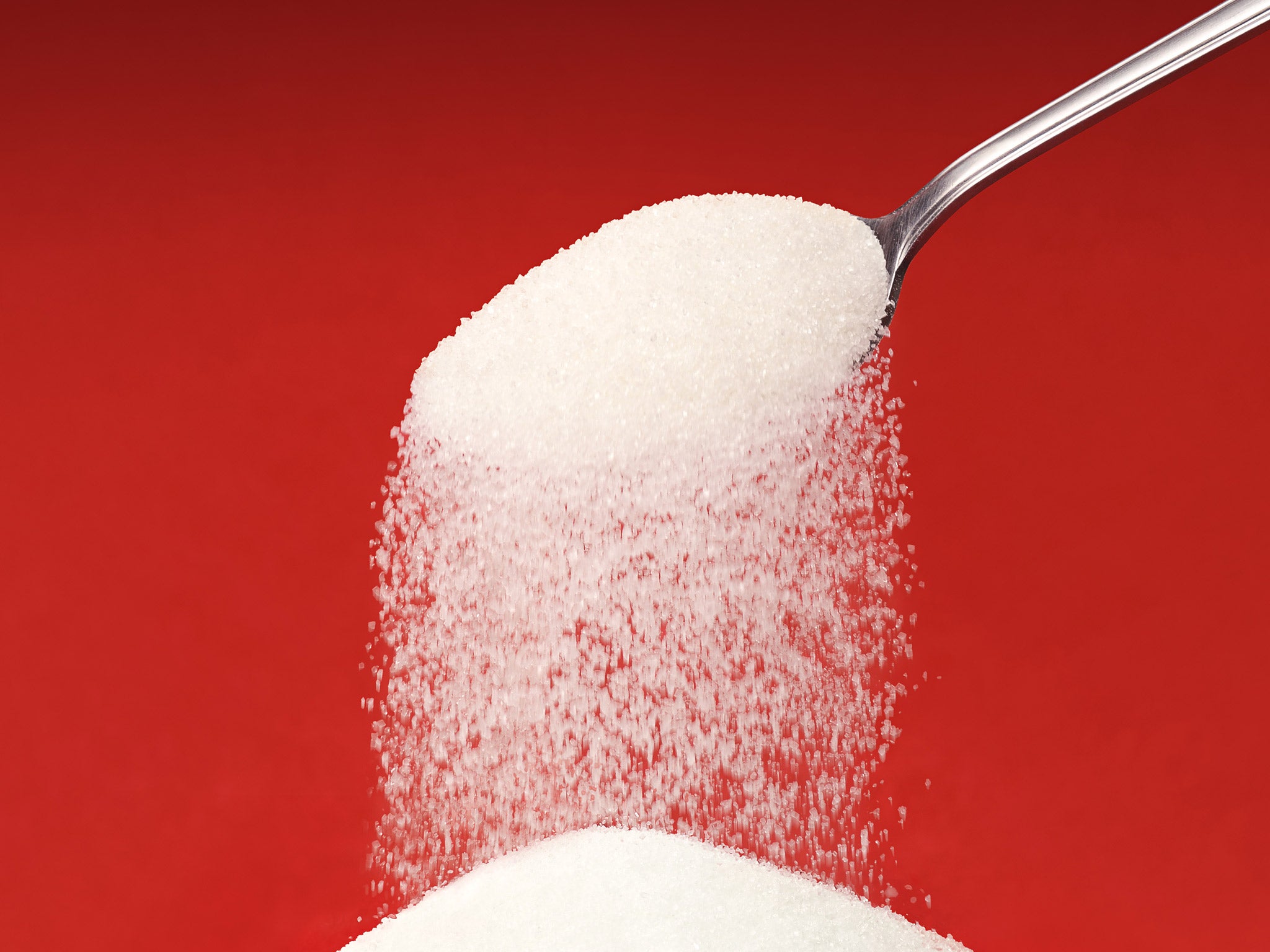
With the ease of cheap ready meals and rise of binge drinking culture, it is no surprise that the younger generation are consuming more sugar than ever.
As a guide, it is recommended that women should not consume more than 25 grams of added sugar per day and men’s intake is not recommended to exceed 36 grams. Added sugars are present in processed or prepared foods and natural sugars are those that occur naturally, such as the sugars present in milk and fruits.
No matter what age you are, you must become aware of the hidden added sugar in every day foods to avoid restorative dental work and maintain good oral health. If you are going to be consuming sugary foods, it is best to eat them after meals rather than snacking and grazing all day as this will limit the contact that your teeth has with sugar so your teeth are not under constant attack.
It comes as no surprise that chocolate, fizzy drinks and sweet treats are full of added sugar and bad for our teeth. However, there are other surprising culprits that we might not associate with being a cause for concern. Every time you eat or drink anything sugary, the sugar reacts with the plaque in your mouth which in turn produces harmful acids that can damage our teeth. Although it may not be immediately obvious, there are certain products to look out for that can contribute to dental decay.
Here are some of the worst offenders for hidden sugar:
Salad Dressing
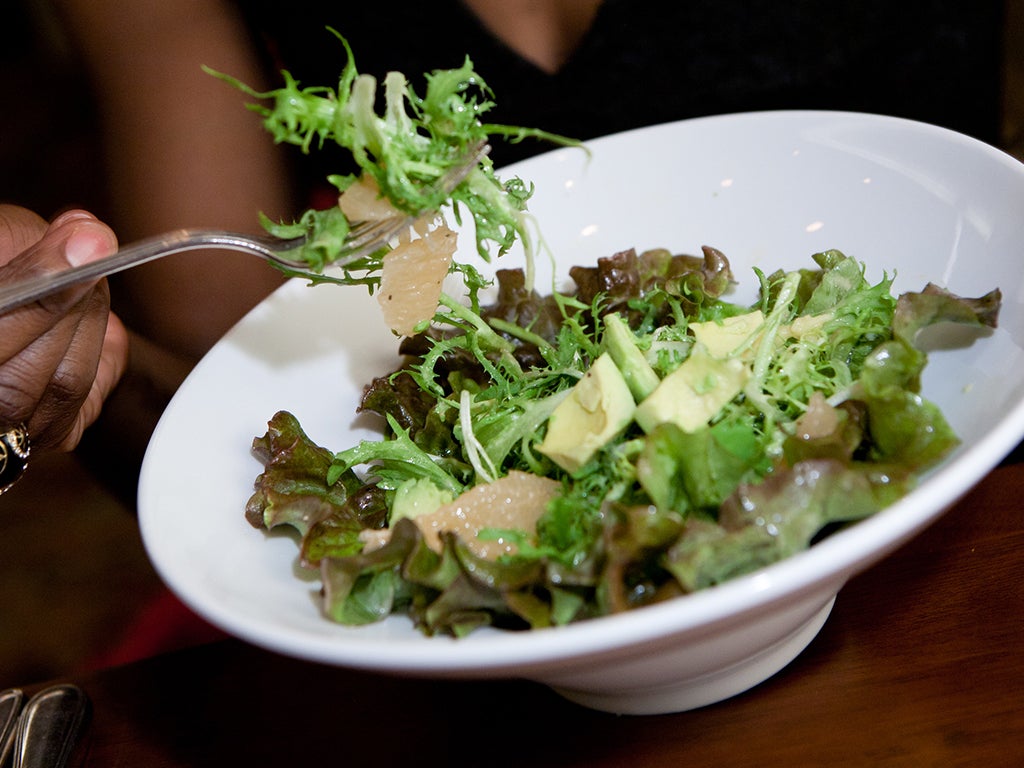
Getting your greens is essential for diet and nutrition but be wary of the salad dressings that you are using. Sweet French dressings and vinaigrette can have up to 7 grams of sugar in one serving and with oil-based dressings claiming to be low in fat, that is often because they have been pumped full of sugar to compensate and enhance the flavour. Look out for ingredients such as dextrose, honey, glucose and maltose which are essentially variations on sugar and can be equally detrimental to our oral health.
For a lower-sugar option opt for a light homemade vinegar and olive oil dressing. Full fat mayonnaise also tends to contain less sugar than a reduced fat option and given that it is made from dairy, the calcium rich contents helps to keep teeth healthy and stop you from developing gum disease.
Soups and Sauces
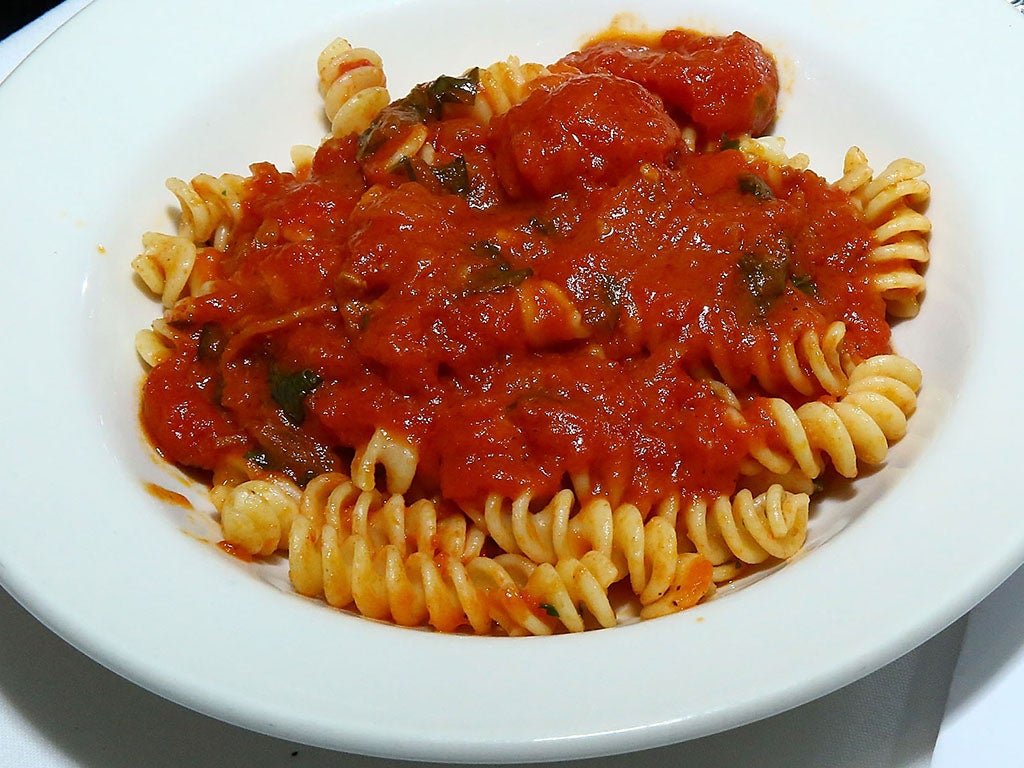
Although they taste savoury not sweet, many pasta sauces have between 6 and 12 grams of sugar per serving – the same amount as a slice of cake! Look at the traffic light system that many supermarkets put on the front of their products to indicate sugar, salt and fat content.
Vegetable soups and pasta sauces high in tomatoes can also be acidic and lead to enamel erosion and dental decay when consumed regularly. I recommend rinsing your mouth with water after consumption to limit the damage to your teeth.
Breakfast smoothies
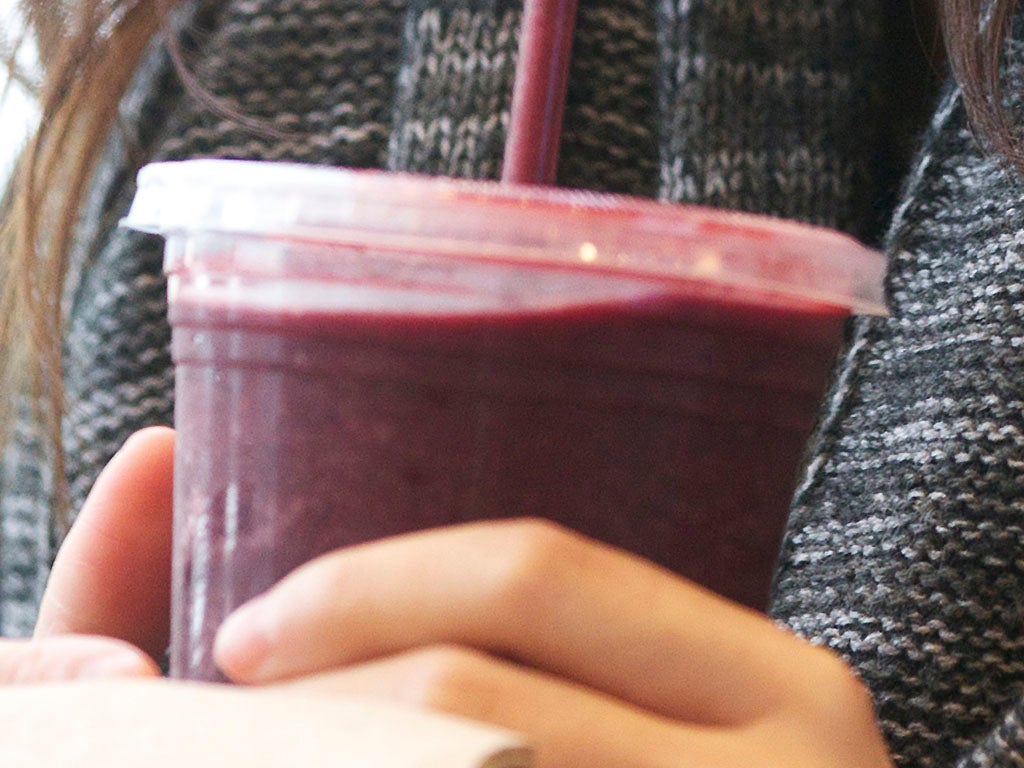
Fruit’s natural sugar, fructose, is a common cause of cavities as the bacteria in the mouth feeds on it. Fruit and vegetable juices also tend to be extremely acidic and the high acid content can severely damage the enamel of your teeth in a similar way to fizzy drinks. Although fruit and vegetables are considered healthy acids, this is only the case when they are consumed as a whole, rather than as a concentrated juice.
Adding milk, which is alkaline, to your smoothies can help to counteract the acid damage to teeth and its calcium rich properties can boost your oral health and strengthen teeth. Drinking through a straw is also advisable.
Breakfast Bars and Yoghurts
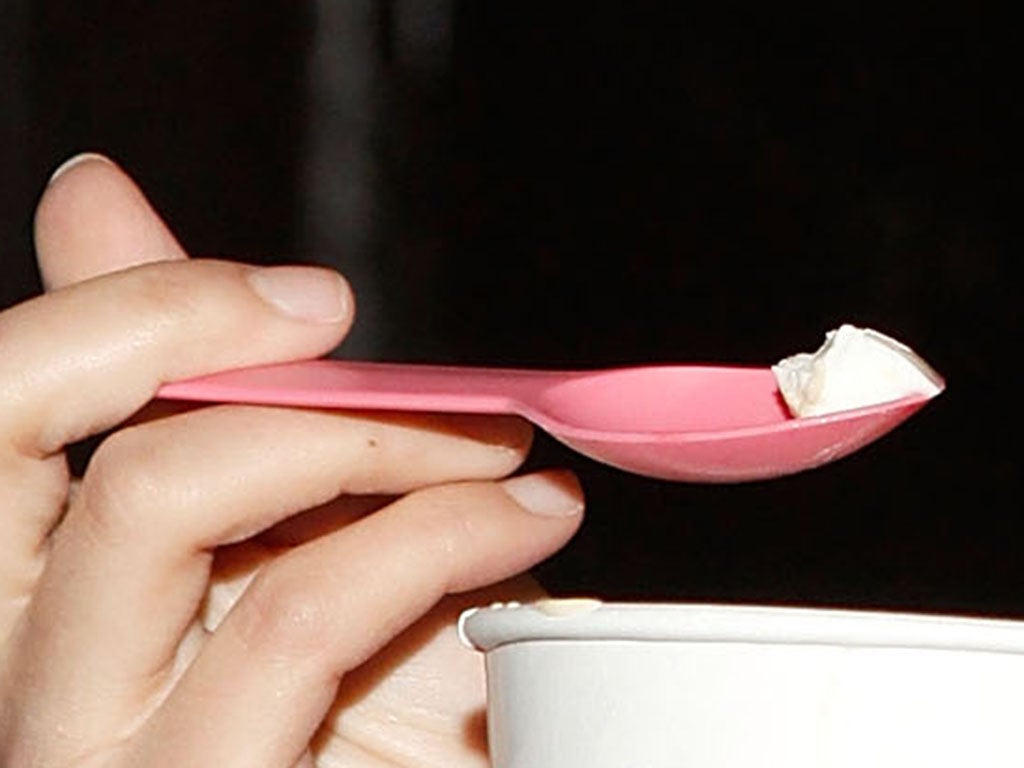
Although they might make for a quick breakfast option in the morning, many processed foods contain a lot of sugar. The higher up it appears in the list of ingredients, the more sugar there is in the product. Plain yoghurt contains naturally occurring sugars but often the fruity, highly flavoured yoghurts add lots of sugar to enhance and sweeten the flavour. Energy and granola bars can also be very deceptive and despite branding stating how ‘healthy’ they are, experts have warned that these bars often contain as much sugar as a chocolate bar.
I advise my patients to eat unsweetened Greek yoghurt for a more tooth-friendly option and if you want to add a little extra flavour, opt for unsweetened muesli.
Bread
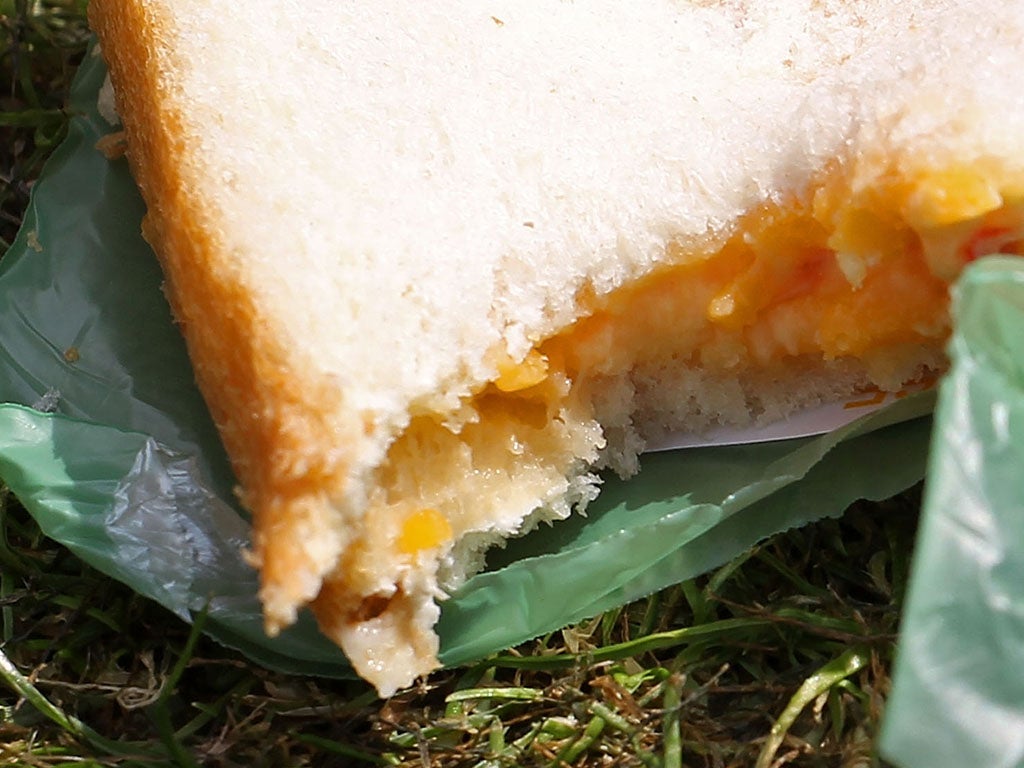
Surprisingly, many supermarket sandwiches have added sugar to sweeten the bitter taste and research has shown that in some brands, a slice of white or wholemeal bread can contain up to half a teaspoon of sugar. Experts advise that six teaspoons of sugar each day should be the maximum.
Bread also takes on a gummy consistency when chewed that can allow small particles to get trapped between teeth and make them extremely tough to budge. To get rid of stuck particles, flossing as part of your oral hygiene routing is vital.
Alcohol
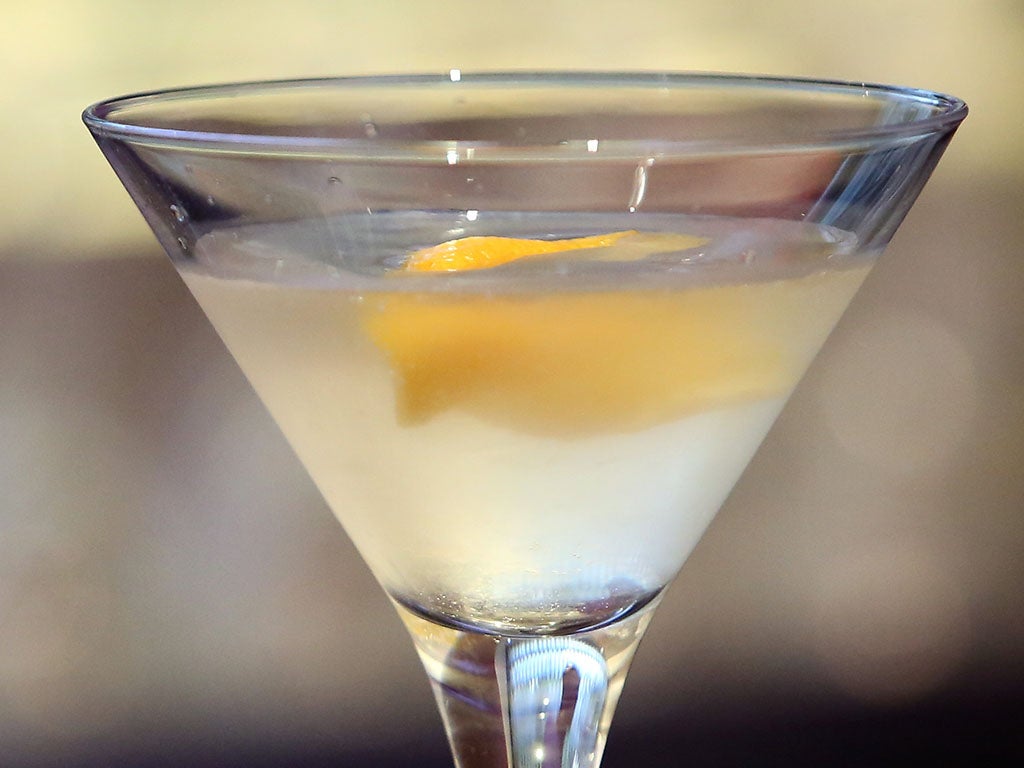
The excessive amount of sugar that is present in alcoholic drinks is often overlooked as it is so easy to have a few too many on a Friday night, but not only is this damaging our liver, it is detrimental to the deterioration of our oral health. In just one pint of cider there can be up to 20g of sugar and in rich spirits such as sherry there can be up to 20 grams in a double measure.
The large amount of sugar in alcohol erodes your tooth enamel and can lead to tooth decay. The sugar content in alcohol which, when broken down in your mouth, creates an acidic breeding ground for bacteria and plaque.
To help minimise the damage caused by sugar when drinking alcohol, I recommend opting for wine, champagne or bottled beer as a serving of these drinks contain around 2 grams of sugar which is definitely safer for your teeth. It is a good idea to alternate alcoholic drinks with a glass of water to rinse, this will help minimise the damage caused by sugar.
Dr Sameer Patel is Clinical Director at specialist dental and orthodontic practice elleven
Join our commenting forum
Join thought-provoking conversations, follow other Independent readers and see their replies
Comments
Bookmark popover
Removed from bookmarks